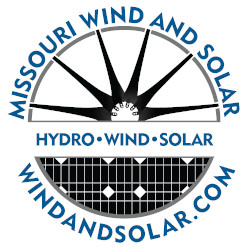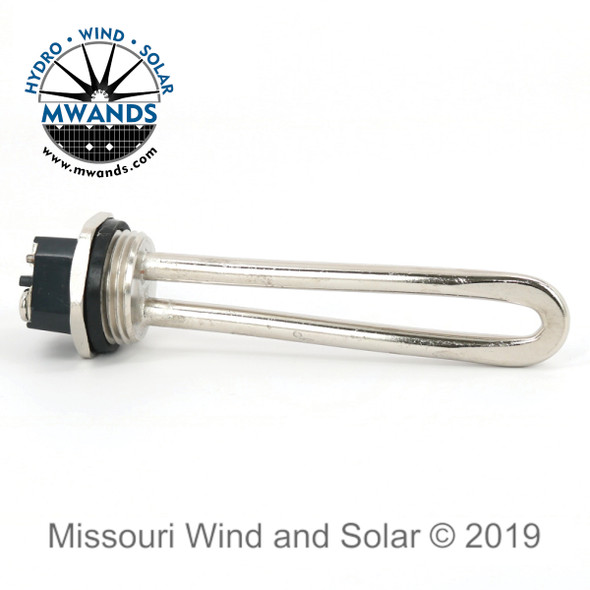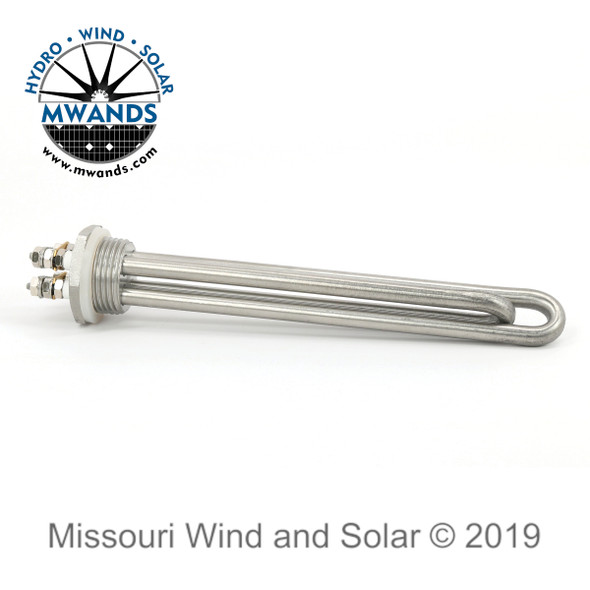Description
Water Overheat and Freeze Thermostats for DC Water Heating
Use these thermostats with our DC water heating elements if you need to regulate the temperature of the liquid you are heating.
The first option is our 35 degree F freeze thermostat which keeps water and other liquids from freezing. It turns on your element before the liquid freezes at 35 degrees F (closes the circuit) and turns it off (opens the circuit) when the liquid's temperature reaches 55 degrees F. Therefore, your liquid will never freeze but you won't drain your power by heating it over 55 degrees.
Thermostat Features:
- The thermostats remain on until the temperature of the liquid reaches the rated number. For example, the 140 degree thermostat will remain on until the temperature reaches 140 degrees F.
- All of our thermostats can handle 25 amps at 12 volts! No relay needed! (Can handle AC voltage up to 220VAC and DC voltages up to 50VDC)
- Opens circuit on overheat, effectively cutting power to the heater (normally closed connects).
Thermostat Specifications:
- Simple in-line wiring system
- Connections are 1/4" spade terminals
- The heat sensor (reverse side) must be firmly mounted on the side of tank with screws or silicone caulking
- Uses a simple and typical "loop" circuit to interrupt power to wiring harness on overheat (Use 10 gauge wire for loop circuit).
- Approximately 1 x 1 x 1 inches in size
Heat ratings are averages (+ or - 3%)
Non. Pos. / Neg. polarity
Fahrenheit to Celsius conversions:
- 35°F = 1.66°C
- 55°F = 12.77°C
- 120°F = 48.88°C
- 140°F = 60°C
- 170°F = 76.66°C
Question: How many watts are required to heat one gallon of water up one degree?
Answer: 2.4705 watts for one hour.
Click here to read more information about DC water heating elements
















